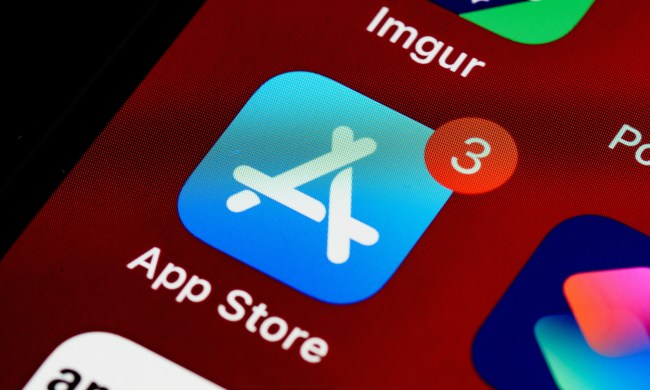Apple will temporarily re-close 14 of its Florida stores on Friday, June 26 due to a spike in coronavirus cases.
In total, 32 Apple Stores have re-closed in the U.S. since opening back up because of coronavirus concerns. Apple stores have closed in Florida, North Carolina, South Carolina, Texas, and Arizona without planned reopening dates.
“Due to current COVID-19 conditions in some of the communities we serve, we are temporarily closing stores in these areas,” an Apple spokesperson said in a statement. “We take this step with an abundance of caution as we closely monitor the situation and we look forward to having our teams and customers back as soon as possible.”
After Friday’s closures, only two Apple Stores will remain open in the entire state of Florida after opening back up just a month ago, according to MacRumors.

Apple initially closed its retail locations in March when the coronavirus pandemic started to severely impact the U.S. Stores began to slowly open back up in May with restrictions like curbside and storefront service and limited customer capacity.
With certain states seeing another spike in cases, Apple is closing its stores’ doors once more, even if states’ reopening plans say they can remain open.
According to coronavirus case count by The New York Times, the five states where 32 Apple stores have closed have especially seen an uptick in coronavirus cases over the past 14 days.
Digital Trends reached out to Apple to find out if any other stores are expected to close soon. We will update this story when we hear back.
Despite having to re-close some stores, other Apple Stores have only just reopened for the first time since March this week, including locations in Illinois, Maryland, Virginia, Minnesota, and more.



